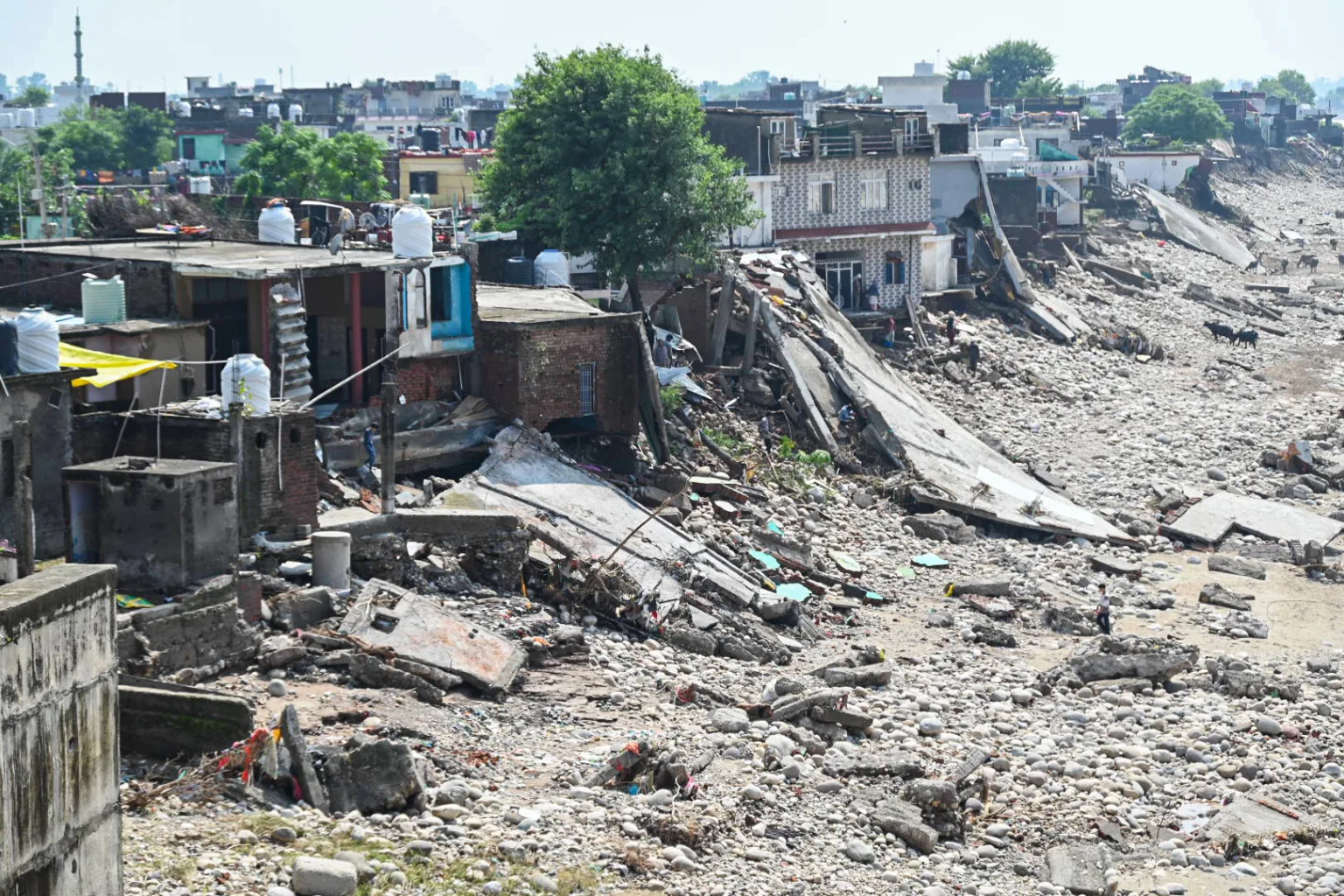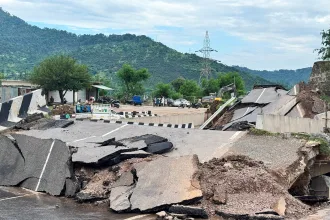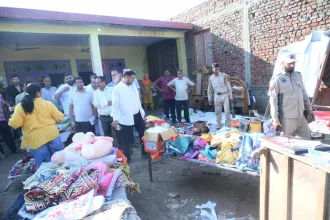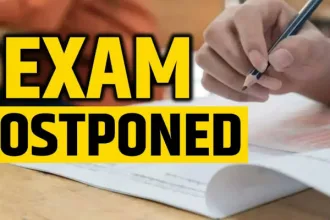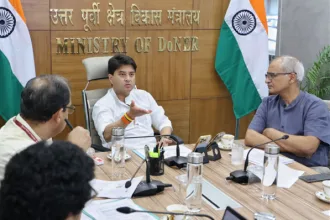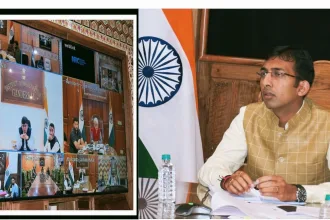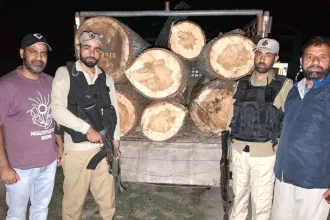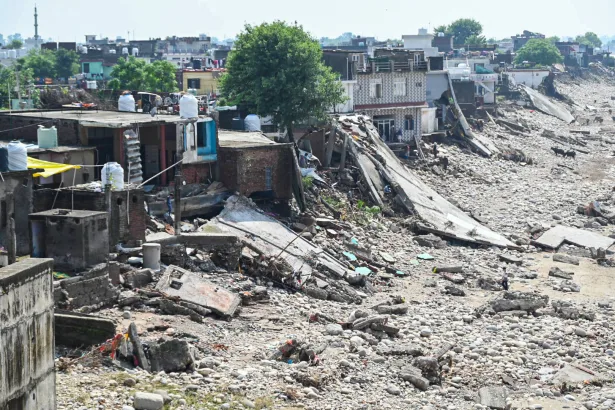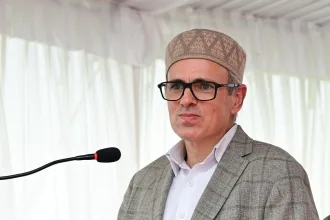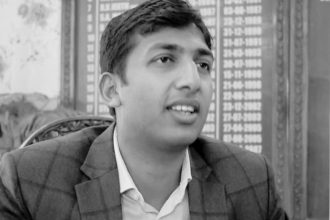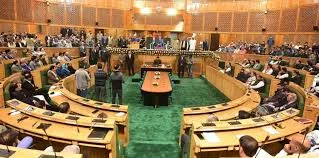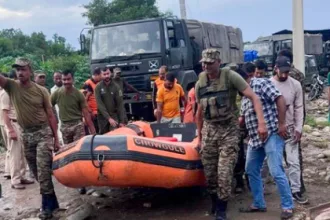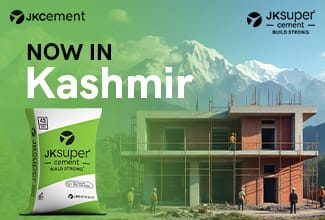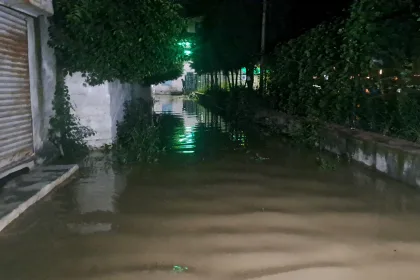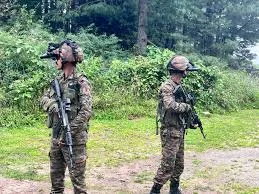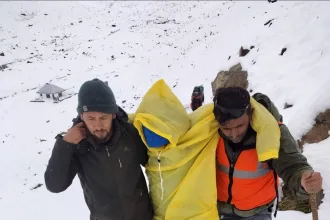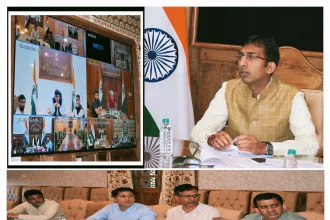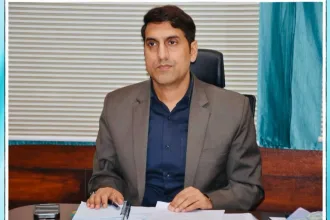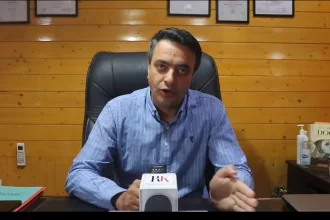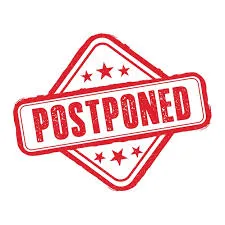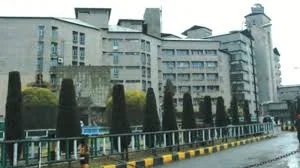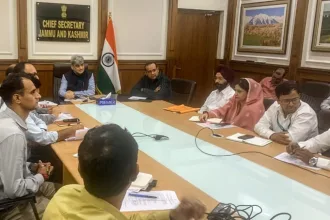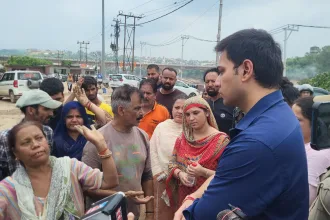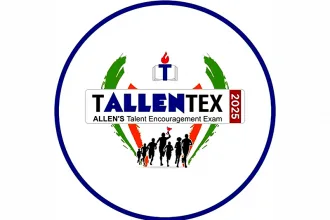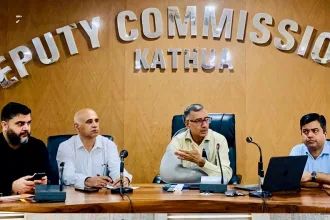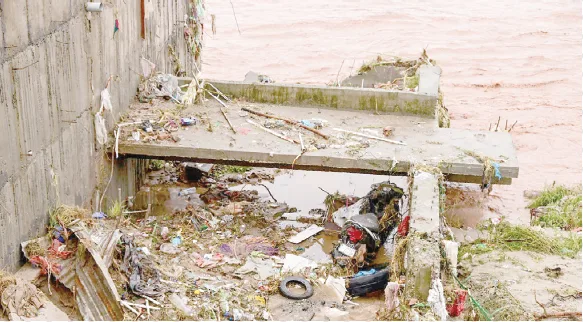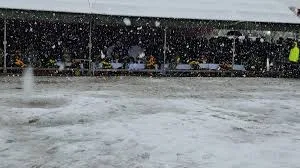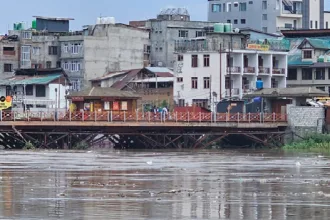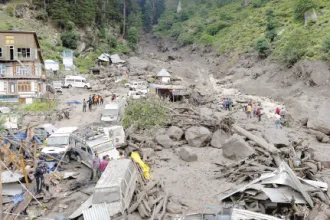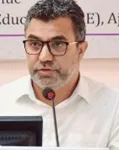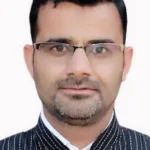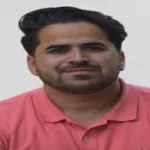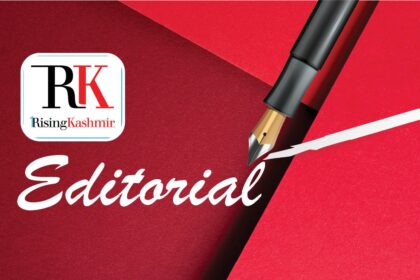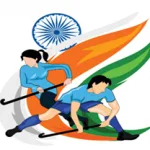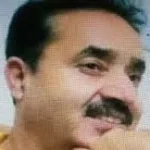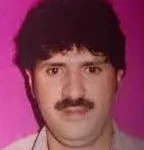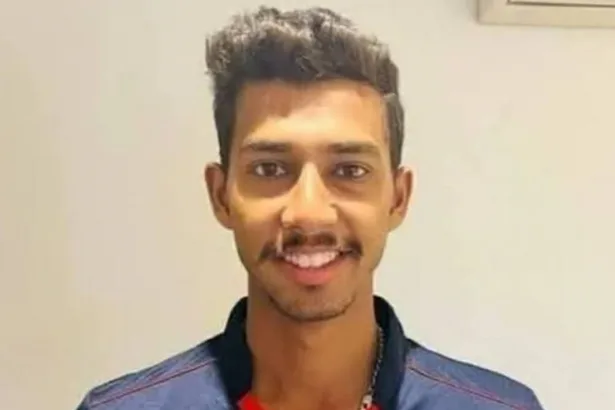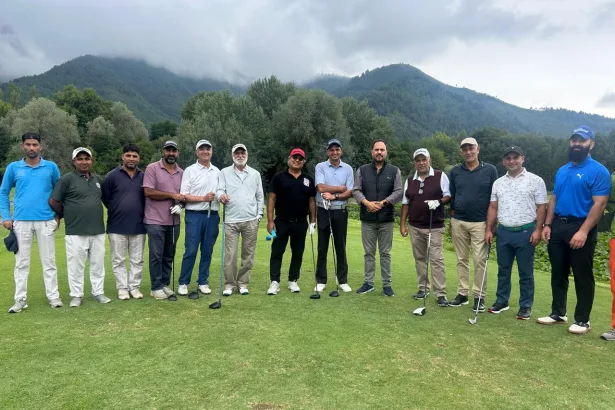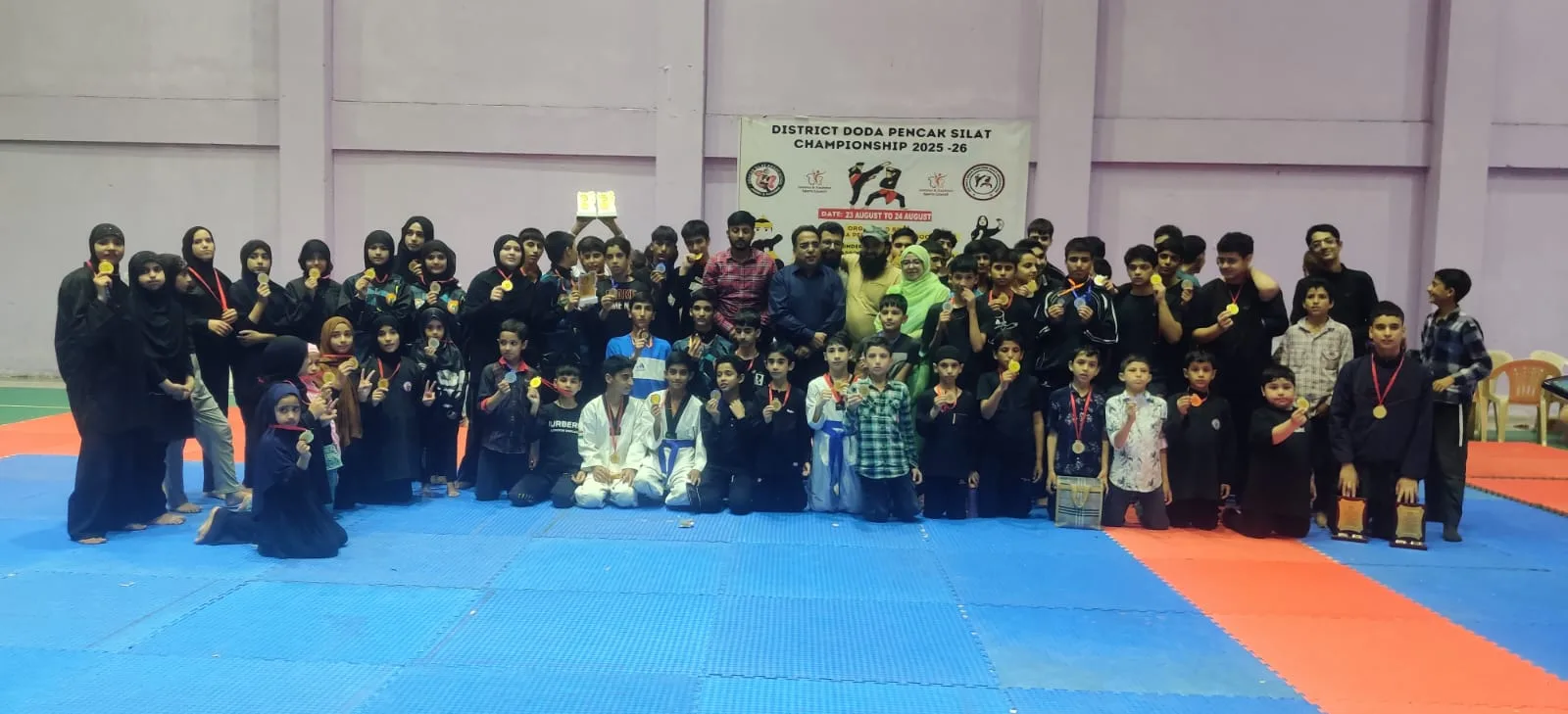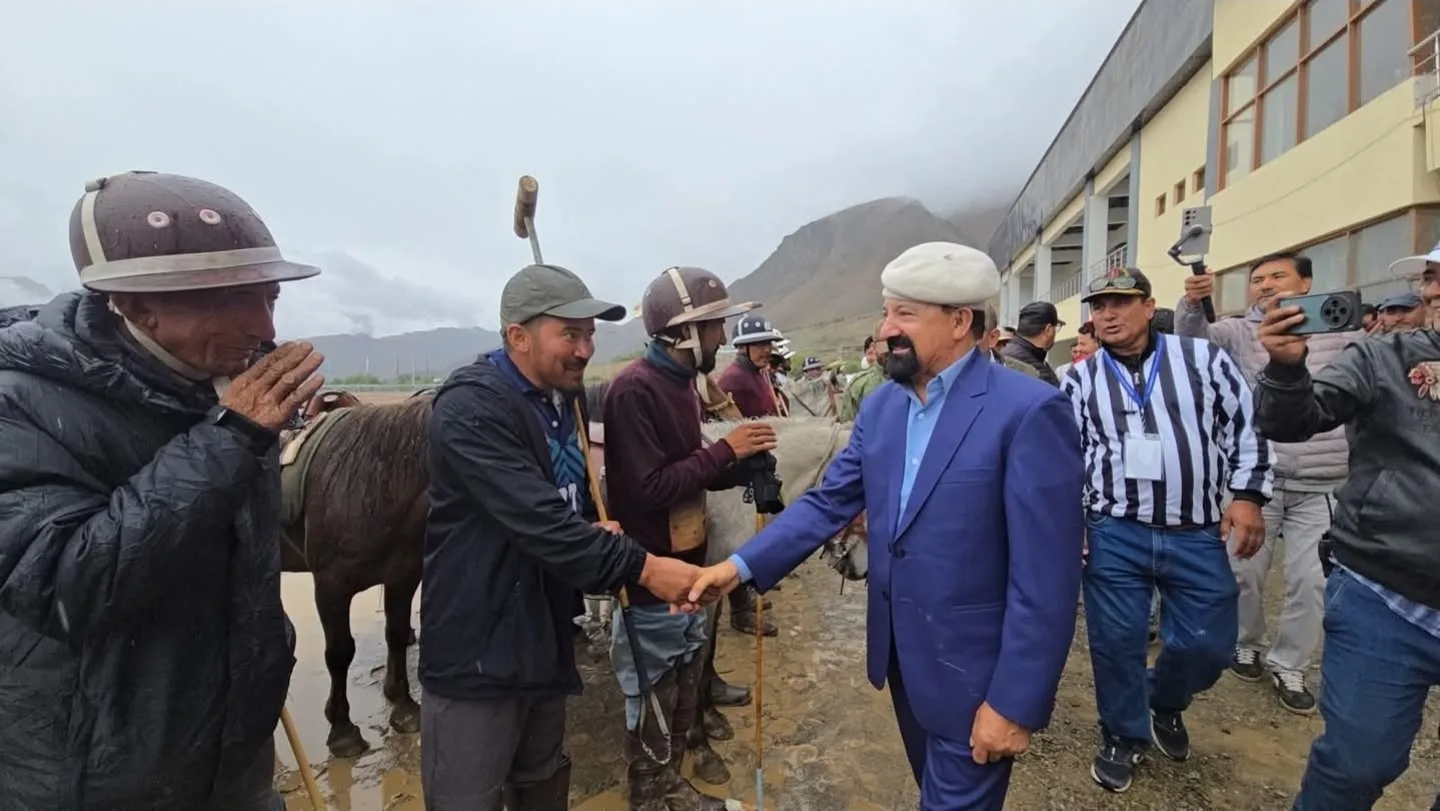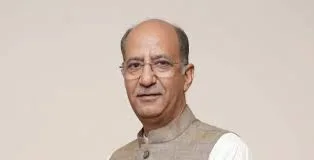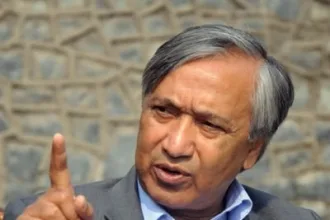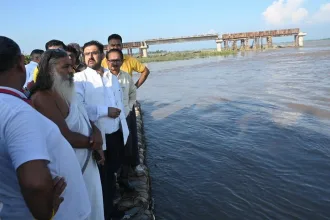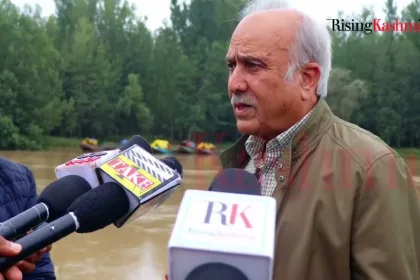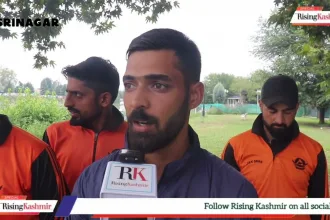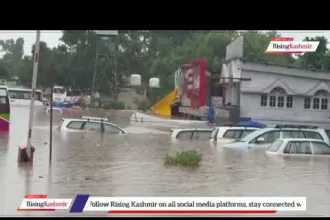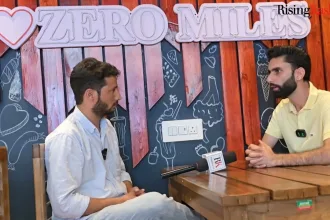- Quick Links
- About Us
- Contact Us
- E-Paper
Search
Archives
- August 2025
- July 2025
- June 2025
- May 2025
- April 2025
- March 2025
- February 2025
- January 2025
- December 2024
- November 2024
- October 2024
- September 2024
- August 2024
- July 2024
- June 2024
- May 2024
- April 2024
- March 2024
- February 2024
- January 2024
- December 2023
- November 2023
- October 2023
- September 2023
- August 2023
- July 2023
- June 2023
- May 2023
- April 2023
- March 2023
- February 2023
- January 2023
- December 2022
- November 2022
- October 2022
- September 2022
- August 2022
- July 2022
- June 2022
- May 2022
© 2022 Foxiz News Network. Ruby Design Company. All Rights Reserved.
Notification Show More
Torrential rains, landslides devastate J&K: Schools shut in Jammu, highways blocked, army rescues people
The Jammu and Kashmir region is currently experiencing adverse weather conditions, characterised by heavy rainfall and landslides, which have significantly disrupted daily life for the local population. In a significant…
Nature’s Fury Lingers: Roads Ripped, Lives Disrupted
Rescue work underway post floods in Jammu, Kishtwar Mughal road restored, NH44, other roads still blocked Over 2500 vehicles stranded on Jmu-Sgr highway Possibility of light rain today at various places: MeT
Infiltration bid foiled, two terrorists killed in Gurez sector
Srinagar, Aug 28: In a swift joint operation, Indian Army and Jammu…
Heavy rains submerge camping site in Sonamarg
UTDRF rescues 40 mountaineers in Kargil
Div Com Kmr reviews progress of national highway projects
‘Adhere strictly to timeline of projects’
Secy RDD reviews progress of SBM-G across J&K
Srinagar, Aug 28: Secretary of the Rural Development Department (RDD) and Panchayati…
CS reviews petroleum supply challenges in remote J&K areas
Jammu, Aug 28: Chief Secretary, Atal Dulloo, chaired a high-level meeting on…
DC Jammu reviews flood relief, restoration measures
Jammu, Aug 28: Deputy Commissioner Jammu Dr Rakesh Minhas on Thursday toured…
ALLEN Tallentex 2025: ‘Students can win up to 90 per cent scholarship & crores in cash prizes
Kota, Aug 28: Students across the country are excited to apply for…
DC takes stock of post-rainfall situation
Stresses timely restoration of affected roads, services
Cracked bunds, unfinished dredging _ is Kashmir ready for another flood?
•11 years after 2014 deluge, promised embankments still missing •Over 50 per cent river embankment strengthening work completed: I&FC
India’s Semiconductor Journey
India took a historic step on Thursday with the inauguration of its first end-to-end OSAT (Outsourced Semiconductor Assembly and Test)…
Sports
Renewed mitigation plan needed to prevent future floods: CM’s Advisor
- Chief Minister closely monitoring situation - Opp parties should do constructive…
Weather
19°C
Srinagar
scattered clouds
19° _ 19°
77%
Fri
27 °C
Sat
27 °C
Sun
25 °C
Mon
25 °C
Tue
25 °C



